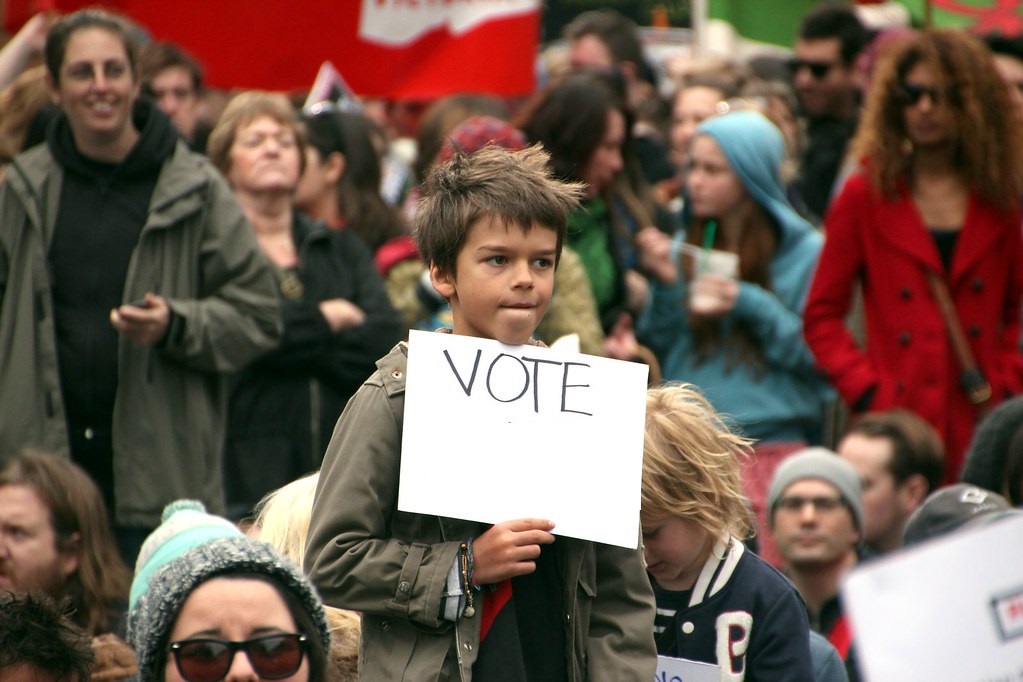UN Rights Chief Urges Guinea to Lift Political Bans, Ensure Free Elections
Türk’s appeal follows the controversial 21 September constitutional referendum, which was marred by political party bans, suspension of media outlets, arbitrary arrests, and reports of enforced disappearances.

The United Nations has sounded the alarm over shrinking democratic space in Guinea, with UN High Commissioner for Human Rights Volker Türk calling on the country’s transitional military authorities to guarantee meaningful participation in the December presidential and parliamentary elections.
Türk’s appeal follows the controversial 21 September constitutional referendum, which was marred by political party bans, suspension of media outlets, arbitrary arrests, and reports of enforced disappearances.
Calls for Inclusive and Transparent Elections
“Going forward, it is critical for the transitional authorities to ensure that processes towards restoring constitutional rule are conducted in line with international human rights norms and standards, including on public participation, inclusiveness and transparency,” Türk said.
He stressed that the immediate lifting of bans on opposition parties and independent media is essential if Guinea is to hold free, fair, and credible elections.
Opposition Parties and Media Silenced
In the run-up to the referendum, three of Guinea’s leading opposition parties were prohibited from campaigning, severely undermining political pluralism. Simultaneously, authorities suspended multiple prominent media outlets, including Guineematin, presseinvestigation.com, West Africa TV, Sweet FM, Espace FM, Sabari FM, and Sab TV.
These moves are part of a wider crackdown on fundamental freedoms since the September 2021 military coup, which ousted the civilian government. Since May 2022, the authorities have enforced a blanket ban on political gatherings and demonstrations, citing security concerns. Human rights monitors argue that the measure violates Guinea’s obligations under international law, including the rights to freedom of expression, peaceful assembly, and association.
Rise in Arbitrary Arrests and Enforced Disappearances
Türk expressed deep concern about increasing cases of arbitrary arrests and enforced disappearances. The UN Human Rights Office has confirmed that at least 10 individuals remain missing following their detention by security forces.
Among those unaccounted for are:
-
Oumar Sylla (Foniké Mengué) – well-known author and activist.
-
Saadou Nimaga – former Secretary General of the Ministry of Mines.
-
Habib Marouane Camara – journalist.
Their cases raise fears of systematic enforced disappearances, a serious violation of international human rights law.
Türk called on the transitional authorities to release all arbitrarily detained persons, clarify the fate of the disappeared, and establish independent and impartial investigations into these cases.
Troubling Legacy of the 2009 Conakry Massacre
The crisis unfolds as Guinea approaches the 16th anniversary of the 28 September 2009 massacre, when security forces killed at least 156 opposition supporters at Conakry Stadium and subjected hundreds of women to sexual violence.
Türk renewed his call for accountability, truth, justice, and reparations for survivors and victims’ families. He highlighted that the transitional authorities must provide guarantees of non-repetition in accordance with international law.
Controversy Over Presidential Pardon
Adding to concerns, the military authorities earlier this year pardoned and released former President Moussa Dadis Camarra, who had been convicted and sentenced to 20 years in prison for crimes against humanity linked to the 2009 massacre.
Türk denounced the pardon as a direct violation of international law, which prohibits pardons for such grave crimes. “I renew my call for the pardon to be voided,” he stated.
International Pressure on Transitional Authorities
The UN’s intervention signals growing pressure on Guinea’s military rulers to commit to a genuine democratic transition. International observers warn that without lifting political and media restrictions, the December elections risk being viewed as illegitimate and could further destabilise the nation.
For now, the question remains whether Guinea’s transitional authorities will heed these calls and restore the fundamental rights necessary for inclusive, credible, and democratic governance.
ALSO READ
Priyanka Gandhi Vadra Engages with Bihar's Women Ahead of Elections
Czech Parliamentary Elections: A Nation at a Crossroads
Amit Shah's Bihar Visit: Boosting BJP's Spirits Before Assembly Elections
Bodoland Territorial Council Elections: A New Political Chapter
Seychelles Elections: Balancing Environmental Concerns and Drug Crisis in the Indian Ocean Haven










